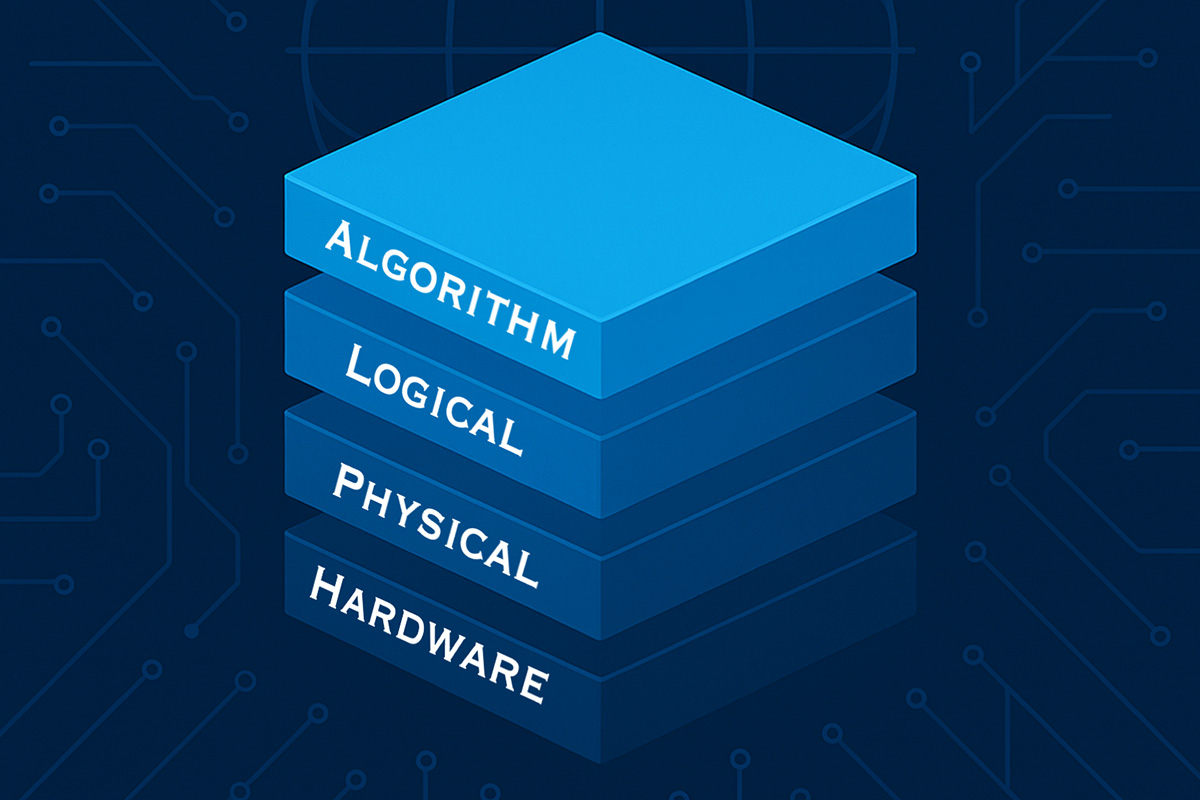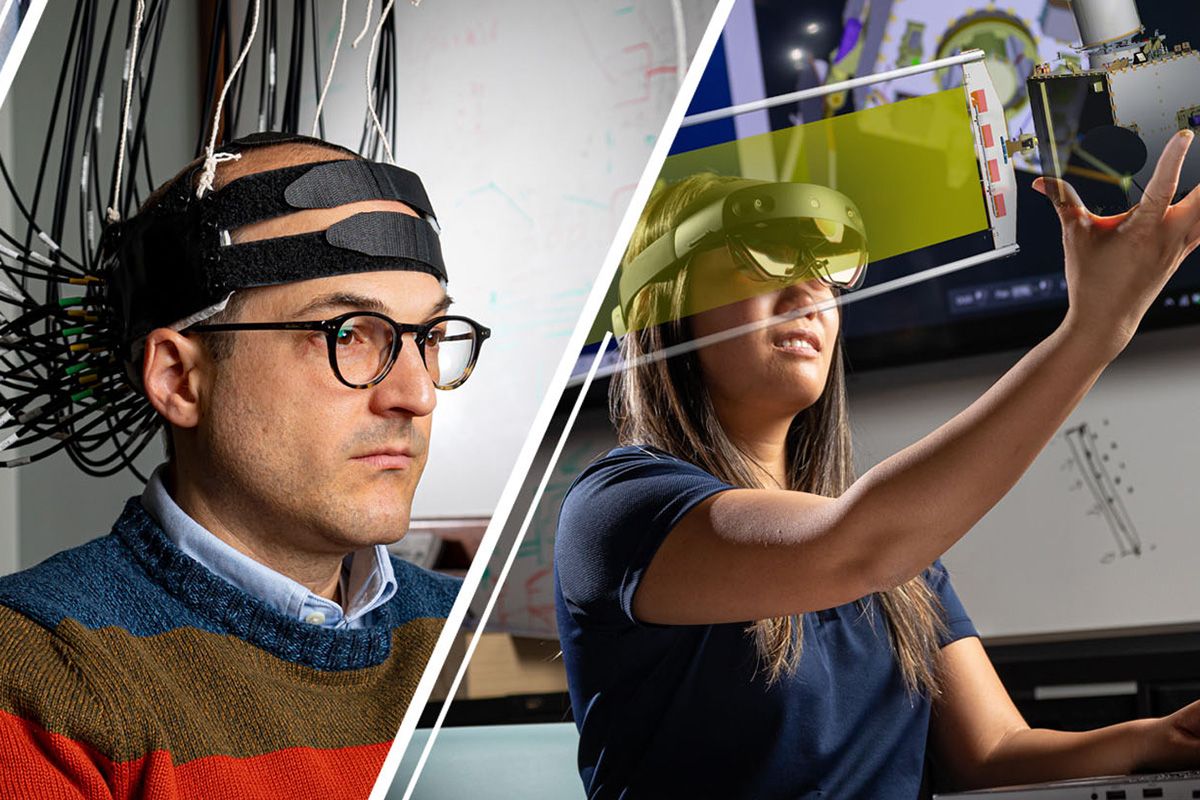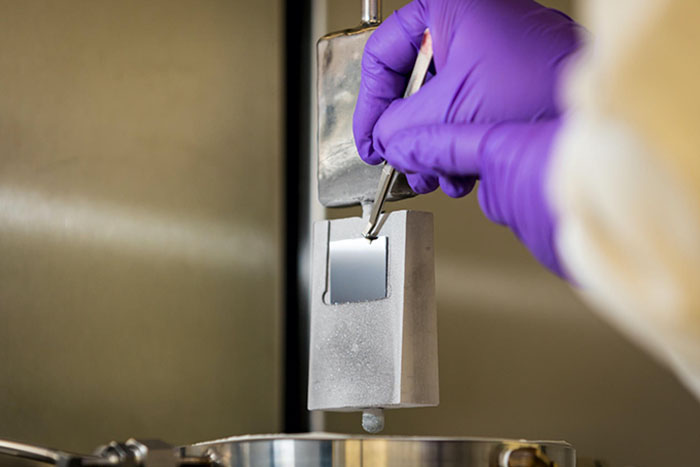Our Contribution
Cross-Stack Tools for Quantum Error Management
Quantum software stacks have made strides in managing hardware errors through a variety of approaches, but they typically don’t possess the versatility required to exploit rapidly changing quantum computing technology. To prepare for the larger, next-generation quantum processors expected over the next 10 to 20 years, researchers at APL are developing a compilation toolbox to make quantum computing more Scalable, Modular, Adaptive across platforms, Reconfigurable, and Targeted, or SMART, at error management. The SMART Stack project will tightly couple the software stack with hardware to guard against errors and boost algorithmic performance on emerging systems, including future heterogeneous architectures that integrate quantum processors with advanced classical computers. The ambitious project is part of APL’s large quantum computer science portfolio focused on understanding and mitigating quantum noise and errors across the full stack of hardware and software. APL’s research team includes partners at the University of Chicago, University of Michigan, Unitary Foundation, Lawrence Livermore National Laboratory, and Infleqtion. The SMART Stack project is funded by a competitive quantum computing award from the Department of Energy to fund the engineering of potentially game-changing open-source software systems to propel scientific discoveries. It builds on previous work that delivered successful error management methods for quantum computers through the development of compilation tools for current-generation quantum computers consisting of tens to hundreds of qubits.







